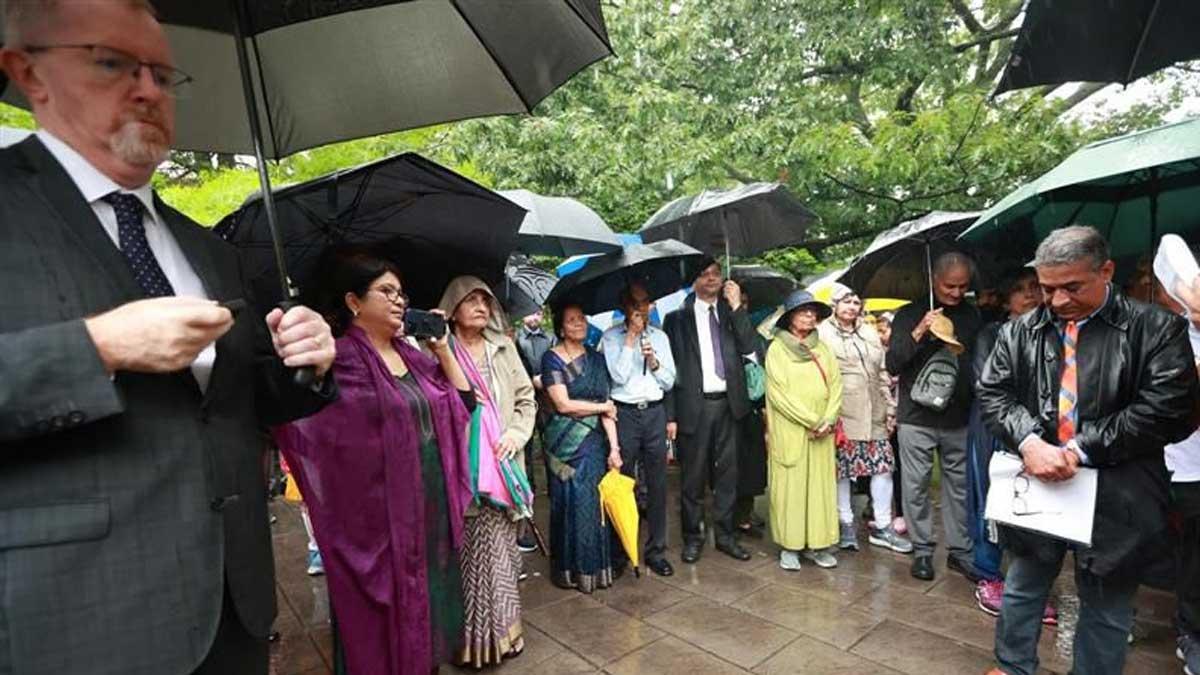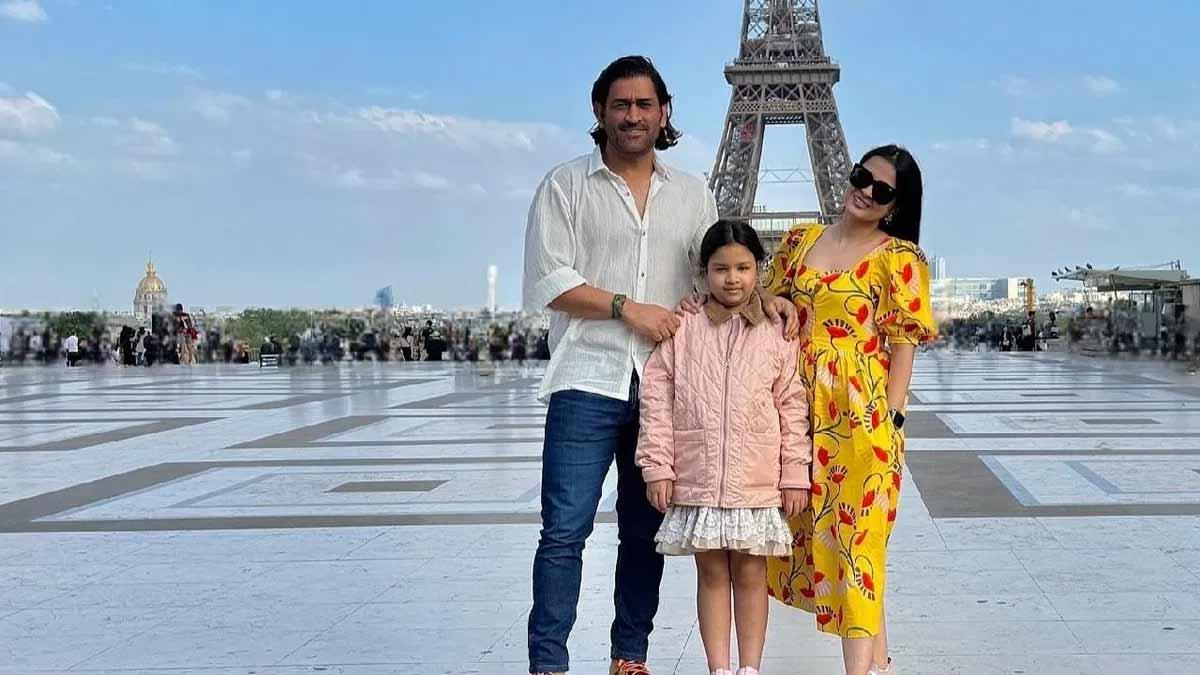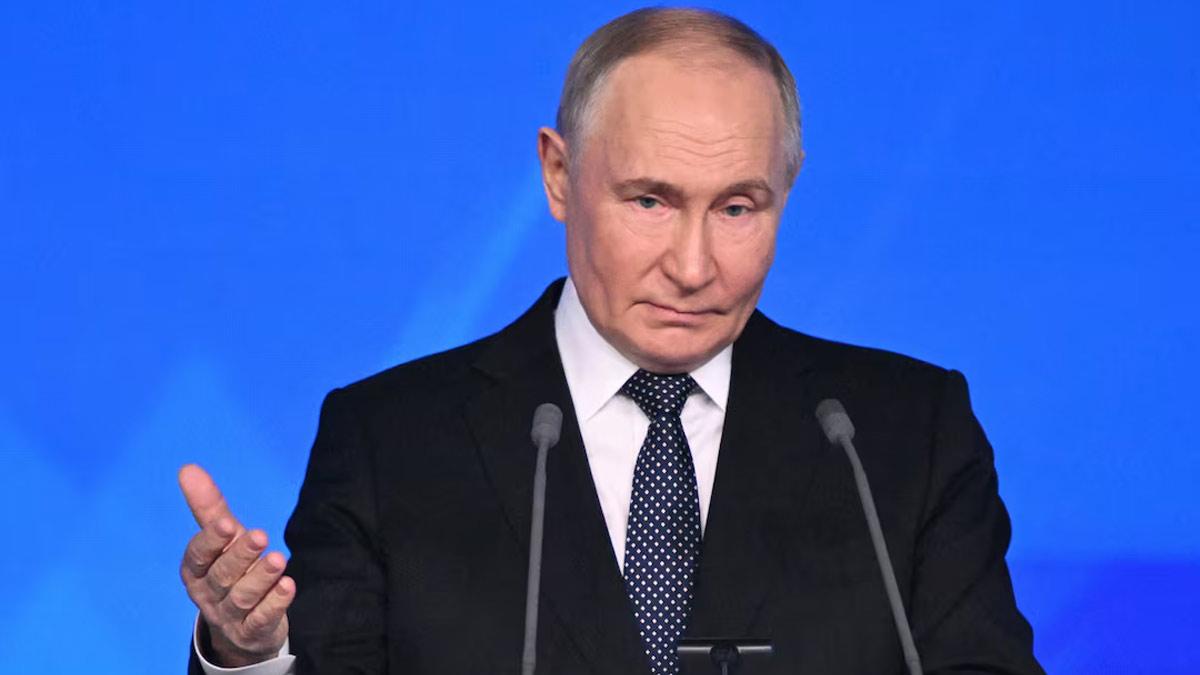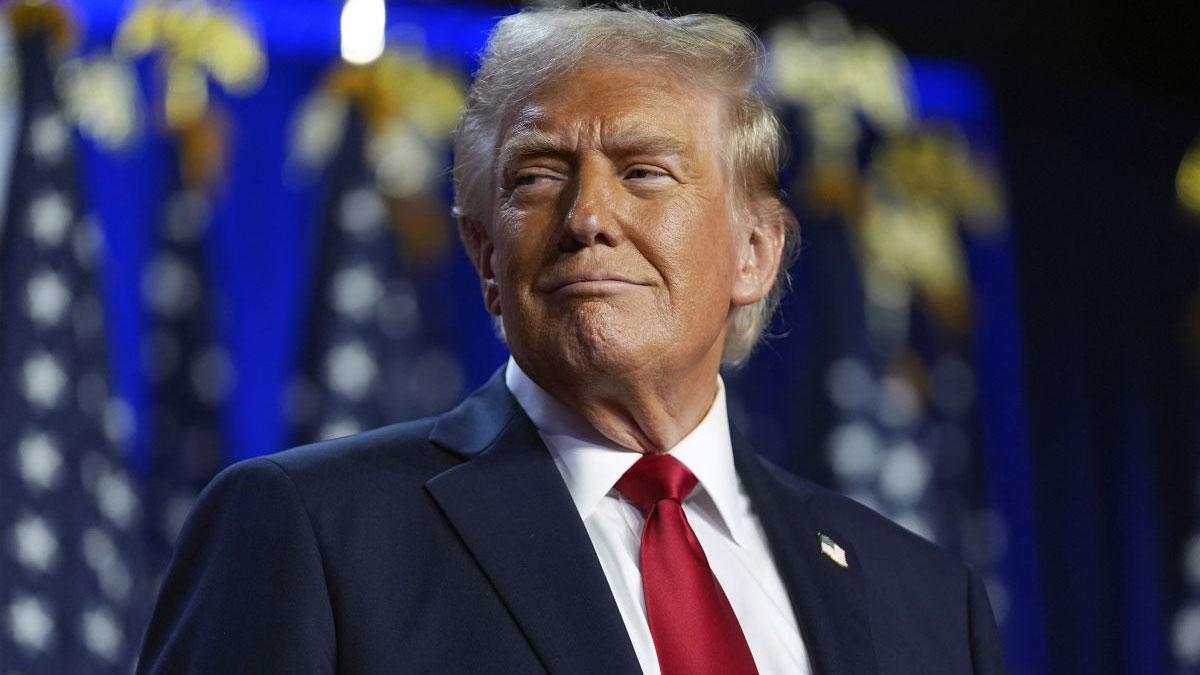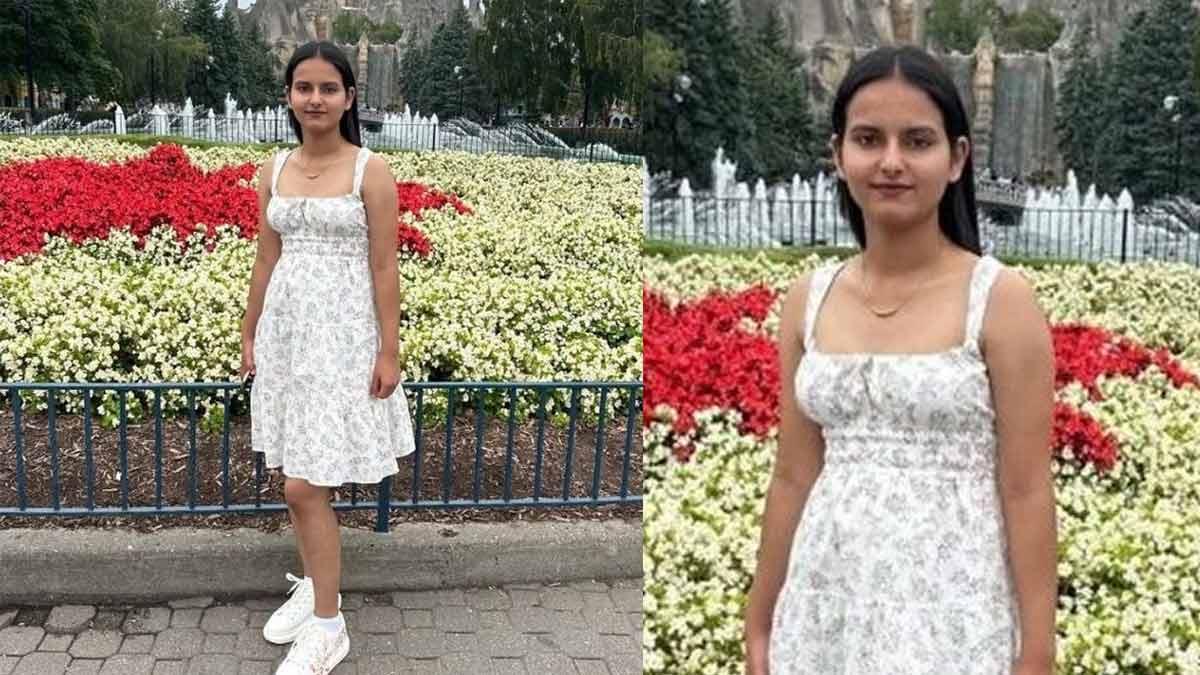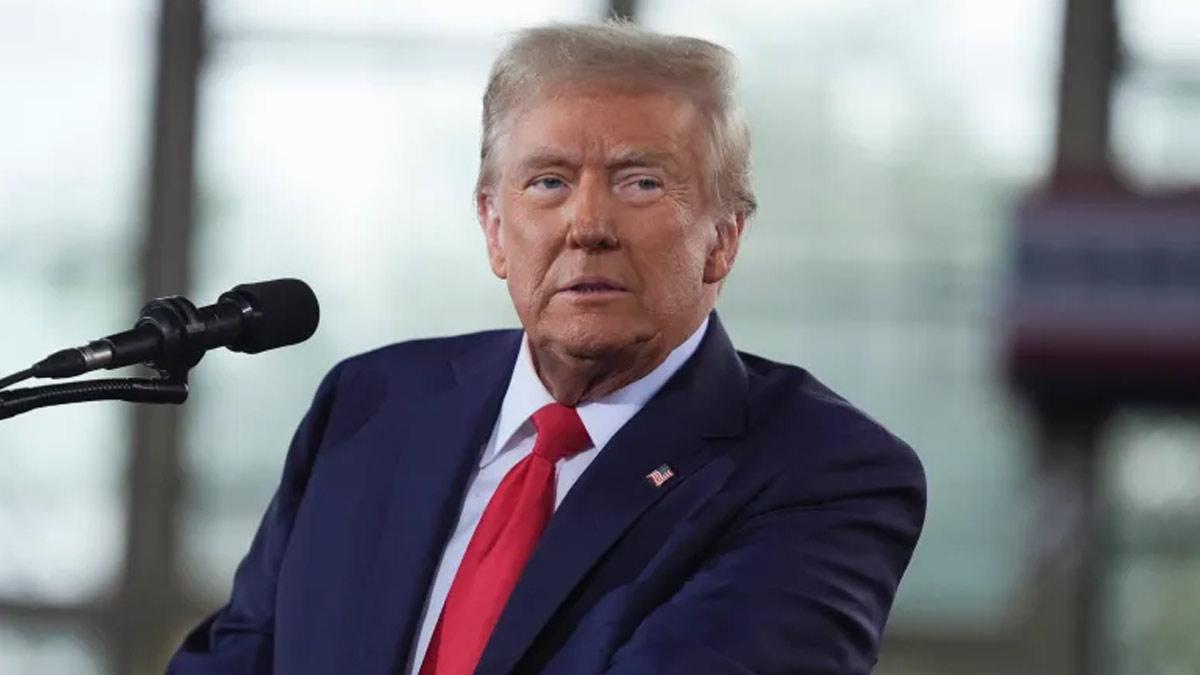The frequent glorification of terrorism in Canada was termed "deplorable," and India said that sometimes it is seen being dealt with casually instead of being universally condemned by peace-loving nations and individuals.
As Tuesday marked the 39th anniversary of the 1985 Kanishka bombing—in which 329 people, mostly Canadians of Indian origin, were killed during an Air India flight—anager High Commission claimed that terrorism knows no borders or nationality, race against people.
On June 23, 1985, the bomb went off 45 minutes before its scheduled landing in London's Heathrow Airport on board the Montreal-New Delhi 'Kanishka' route of Air India, killing all 329 passengers, including 86 children. This assault reportedly represented the Sikh militants' retaliation for the events of 'Operation Bluestar' in 1984, which aimed to flush out militants from the Golden Temple.
Memorial services were held in homage by the Indian High Commission, Ottawa, and the Indian consulates, Toronto and Vancouver, on 1985. According to the statement of the Commission, terrorism has been condemned since four decades, and yet it still has emerged as a grave threat to international peace and security: "cowardly act of terror.".
It affirmed, "Any act glorifying terrorism, such as the 1985 act of bombing Al-182, must be condemned by all the countries and peoples who care for peace." The letter further added, "It is a sad thing that in English-speaking Canada at least, once in a while such acts are taken as coming with the job."
Only recently did India strongly protest when the Canadian parliament observed a "one-minute silence" in memory of Khalistan extremist Hardeep Singh Nijjar, killed in British Columbia the previous year. It also asked Canadian authorities to take action against those who exhort violence and anti-India campaigns.
The Indian mission said terrorism was a problem worldwide across borders, nationalities, and races and it will be defeated by collective international efforts against it. It said that India has practically been in the image of leading the global counter-terrorism effort in the recent past and had received support from like-minded nations.
_Outlining_ the Kanishka bombing as "the worst in Canadian aviation history to date," it said this was an "unbearable loss" that refuses to heal for the families of the victims and humanity itself.
…Nor must we allow political convenience to dictate responses to terrorism, extremism and violence. Similarly, respect for territorial integrity and non-interference in internal affairs cannot be selectively exercised."
He also said, "High Commissioner in Ottawa Sanjay Kumar Verma paid tributes to the victims of Air India Flight 182 on its 39th anniversary and termed its bombing a 'cowardly terrorist act'."
The Consulate General in Toronto celebrated the occasion with Consul General Siddhartha Nath laying a wreath at the memorial for Air India 182 in Etobicoke, home to 329 victims of a terrorist bombing.
The memorial services came at a time when relations between Canada and India are strained following Canadian Prime Minister Justin Trudeau's claims last year of possible Indian involvement in Nijjar's killing, which New Delhi dismissed as "absurd" and "motivated".
India again expressed its concern that Canada was offering a platform to pro-Khalistan elements and maintained, "This is the basic problem" between the two countries.
India reaffirmed its commitment to combating terrorism and said it will continue to work together, hand in glove, with all other countries on the menace eating into the vitals of the world.
Read also | Ex-Bangladesh PM Khaleda Zia on 'deathbed', says BNP leader
Read also | Japanese PM Kishida Faces Strong Dissent with Just 10% Public Support, Shows Media Poll

